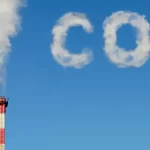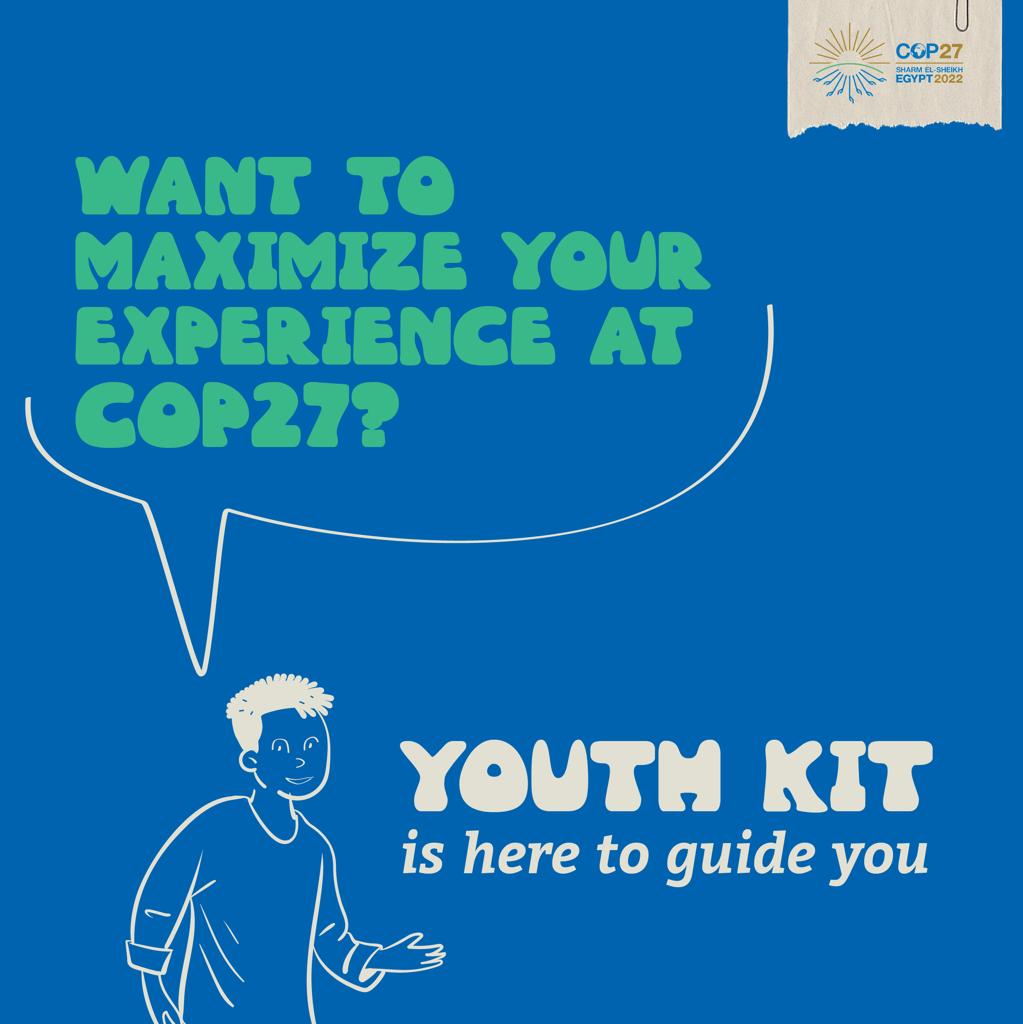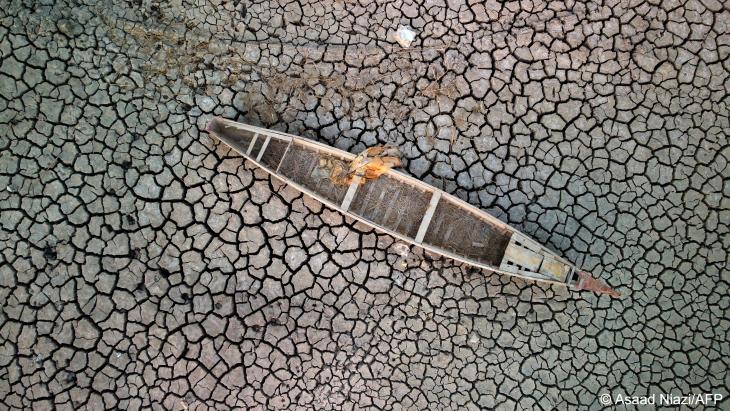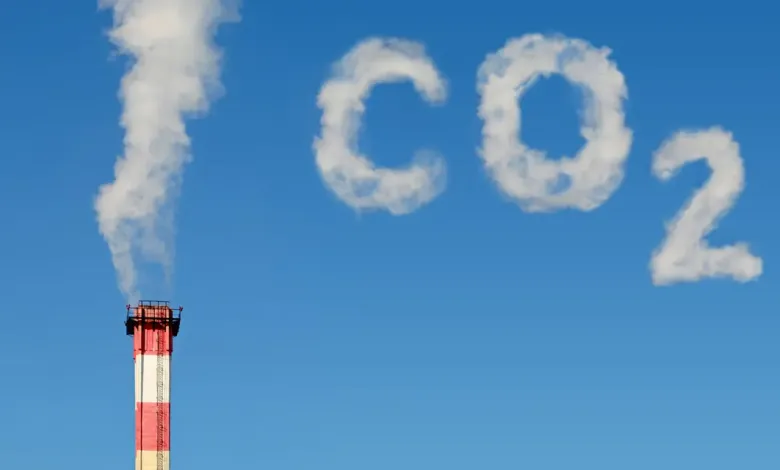Despite strong evidence that human activity played a role in catastrophic weather events, and the emergence of the fuel crisis sparked by the war in Ukraine, greenhouse gas emissions continued to rise. Nevertheless, the United Nations kept the climate emergency at the top of the international agenda, and reached major agreements. On Financing Climate Action and Biodiversity.
At the same time, a group of international reports and studies indicated that the Earth’s temperature continues to rise, which reflects the failure of humans to reduce carbon emissions, and to deal with the existential threat of the climate emergency, which sets the goal of the Paris Agreement to avoid a rise in global temperature by more than 1.5 degrees Celsius. pre-industrial levels.
Nevertheless, the United Nations has continued to lead the slow, painstaking but essential task of concluding international agreements for climate action, with sustained pressure on major economies to do greater efforts to reduce fossil fuel use, and to support developing countries, whose citizens bear the brunt of droughts, floods and weather severe, resulting from climate change.
Record waves of heat and drought
And while the World Meteorological Organization (WMO) issued a series of reports, which included bleak details throughout the year, a study concluded that the year 2021 was among the 7 warmest years ever, as record heat waves were recorded in many European countries, which prompted The weather organization warns that we should get used to more heat in the next few years.
International reports also predicted that the African continent would witness an exacerbating food crisis, especially in the Horn of Africa, which prompted millions of people to migrate from their places of living to safer areas, and reports suggested that varying waves of drought would hit 4 out of every 5 African countries, suffering from food shortages. in sustainably managed water resources, by 2030.
On the other hand, other regions of the world were subjected to catastrophic floods, which prompted Pakistan to declare a state of national emergency, in the wake of the floods and landslides resulting from the heavy monsoon rains, which flooded more than a third of the country’s area, in August 2022, and caused the displacement of tens of millions, as it witnessed Chad An unprecedented wave of floods, in the same month, affected more than 340,000 people.
“imaginary addiction” to fossil fuels
In its Bulletin on Greenhouse Gases, last October, the World Meteorological Organization identified record levels for the three main greenhouse gases (carbon dioxide, nitrous oxide and methane), which experienced the largest annual jump in concentrations in 40 years, which limited activity. Humans as a major factor in climate change.
Despite evidence from international reports of the urgent need to transition to a low-carbon economy, some of the world’s major economies have responded to the energy crisis caused by the war in Ukraine by reopening old coal-fired power plants and searching for new suppliers. Fossil fuels, which are oil and gas.
This step on the part of the major countries sparked a wide global wave of discontent, expressed by the Secretary-General of the United Nations, Antonio Guterres, by saying that “if those countries had invested in renewable energy in the past, they could have avoided the instability that plagued fossil fuel markets,” describing trends These countries reflect a state of “imaginary addiction” to fossil fuels.
A healthy environment is a human right
And in July of last year, the United Nations General Assembly adopted a resolution that considers access to a clean and healthy environment a human right, and this decision came based on a similar text, adopted by the Human Rights Council in 2021, and Guterres said that this historic development It will help “reduce environmental injustice, close protection gaps and empower people, especially those in vulnerable situations.”
The year 2022 witnessed the convening of 3 international conferences related to climate, represented by the Ocean Conference, in June, the Climate Summit (COP 27) in November, and the Conference on Biological Diversity (COP 15) in December, which confirms the keenness of the United Nations and its partners from international organizations, It has to do much more than declaring the critical climate situation and calling for change.
According to environmental expert Dr. Emad El-Din Adly, Chairman of the Board of Trustees of the Egyptian Forum for Sustainable Development, the three conferences resulted in some progress, albeit limited, in advancing international commitments to protecting the environment and reducing damage caused by human activities, as the Ocean Conference witnessed the renewal of world leaders. Their commitment to take urgent action on achieving the objectives fully, and as soon as possible.
Financing losses and damages is a victory for the poor
The Conference of the Parties to the United Nations Framework Convention on Climate Change COP 27, in Sharm El-Sheikh, last November, concluded an agreement to establish a financing mechanism to compensate vulnerable countries for losses and damages caused by disasters resulting from climate change, a decision that many countries considered A great victory for the poor countries.
Likewise, the United Nations Conference on Biological Diversity COP 15, which was held in Montreal, Canada, last December, concluded with a historic agreement to protect 30% of the planet’s land by the end of the current decade, including vast areas of coastal areas and inland waters, an agreement described by Inger Andersen, director of The United Nations Environment Program as “a first step towards reconciliation with nature.”












